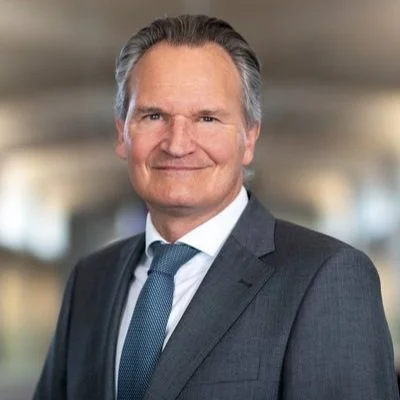Powering academic freedom - Essential insights for policy makers
Published on September 23rd, 2024
The European Parliament, through its standing committee Science and Technology Options Assessment (STOA), commissioned a study on monitoring academic freedom. The study “The state of play of academic freedom in the EU member states” has been led by Peter Maassen, a participant in this Frontiers’ webinar. This follows numerous European and global organizations and networks raising concerns, calling for action, and protection against threats to academic freedom (The European University Alliance (EUA), the League of European Research University (LERU), Scholars at Risk, etc.). Several recent ad hoc events and panels on the subject have also shown the importance and urgency in addressing the matter. Yet, there is still a lack of a permanent forum for factual and constructive dialogue among scholars, academic leaders, civil society groups, and policy makers.
To discuss the need for such a dedicated platform and how it could function, Frontiers held a Webinar on 28 May 2024. Panelists included Prof. Dr. Robert Jan Smits (President, Executive Board of Eindhoven University of Technology, The Netherlands (Chair), Prof. Dr. Peter Maassen (Professor in Higher Education Studies, Faculty of Education, University of Oslo (UiO), Norway), Prof. Dr. Antoine Petit (Chairman and CEO, the French National Centre for Scientific Research (CNRS), France), Prof. Dr. Andrea Petö (Central European University (CEU), Austria; CEU Democracy Institute, Hungary), and Marcus Scheuren (Head of Unit of the STOA Secretariat, European Parliamentary Research Service, EU).
The discussants put forward several options for tackling threats to academic freedom, including establishing a European Platform for Academic Freedom.
Robert Jan Smits
President, Executive Board of Eindhoven University of Technology
In his opening speech, Robert Jan Smits, President, Executive Board of Eindhoven University of Technology, was also a senior adviser for open access and innovation at the European Political Strategy Centre and director-general of research and innovation (RTD) at the European Commission, reinforces the critical need for Open Access in scientific publishing to democratize access to knowledge. He regards Open Access as a critical driver of Academic Freedom.
Marcus Scheuren
Head of Unit of the STOA Secretariat, European Parliamentary Research Service
Marcus Scheuren, Head of Unit of the STOA Secretariat, European Parliamentary Research Service, EU, has emphasized the need for robust policy frameworks to support and drive innovation across sectors, particularly in technology and research. He advocated for stronger collaboration amongst EU member states to ensure academic freedom and thus enhance competitiveness. He argues that Academic Freedom plays a crucial role in sustainable growth within the borders of the EU.
Antoine Petit
Chairman and CEO, the French National Centre for Scientific Research (CNRS)
Antoine Petit, Chairman and CEO of the French CNRS, representing one of the largest research performing institutes in the EU, highlights the necessity of consistent and sufficient funding for research institutions to maintain excellence and drive scientific breakthroughs. The commitment to Academic Freedom is a precondition to ensure international collaboration and to retain scientific talent to ensure a robust future for research and innovation.
Andrea Petö
Central European University (CEU), CEU Democracy Institute
Andrea Petö, Hungarian researcher at Central European University (formerly Budapest, now Vienna), emphasizes the importance of protecting Academic Freedom against political and social pressures. She discusses how historical narratives and memory influence contemporary political and societal issues, urging a nuanced understanding of the matter.
Peter Maassen
Professor in Higher Education Studies, Faculty of Education, University of Oslo
Peter Maassen, Norwegian Researcher and lead author of the European Parliament Academic Freedom Monitor 2023 report, stresses the importance of maintaining university autonomy to foster innovation and academic excellence. He discusses the changing landscape of higher education governance and the need for adaptive policies.
The session, which offers a more in-depth conversation on the themes captured above, is available to watch in full below.
Copyright: © 2024 [author(s)]. This is an open-access article distributed under the terms of the Creative Commons Attribution License (CC BY). The use, distribution or reproduction in other forums is permitted, provided the original author(s) or licensor are credited and that the original publication in Frontiers Policy Labs is cited, in accordance with accepted academic practice. No use, distribution or reproduction is permitted which does not comply with these terms.







